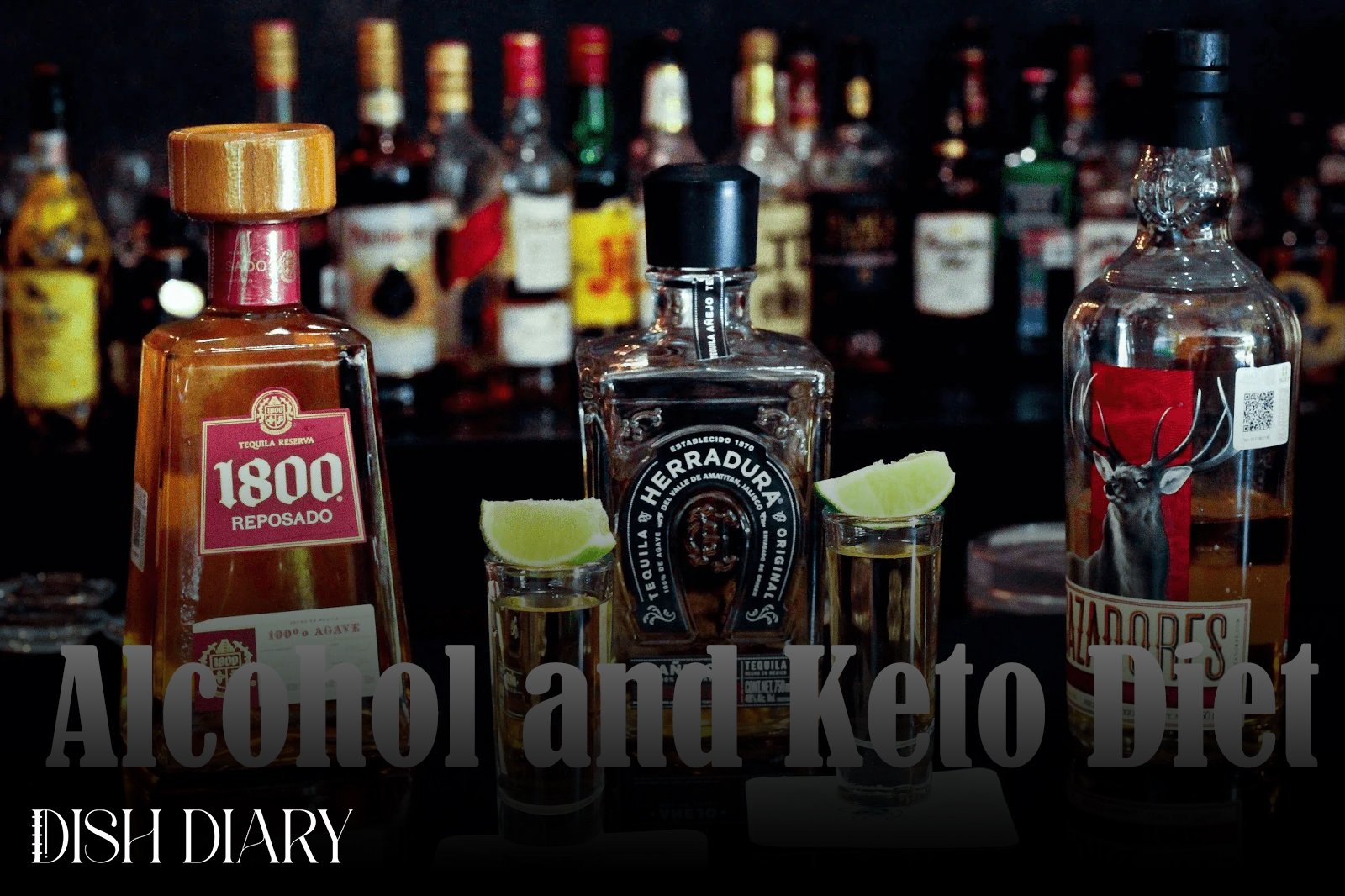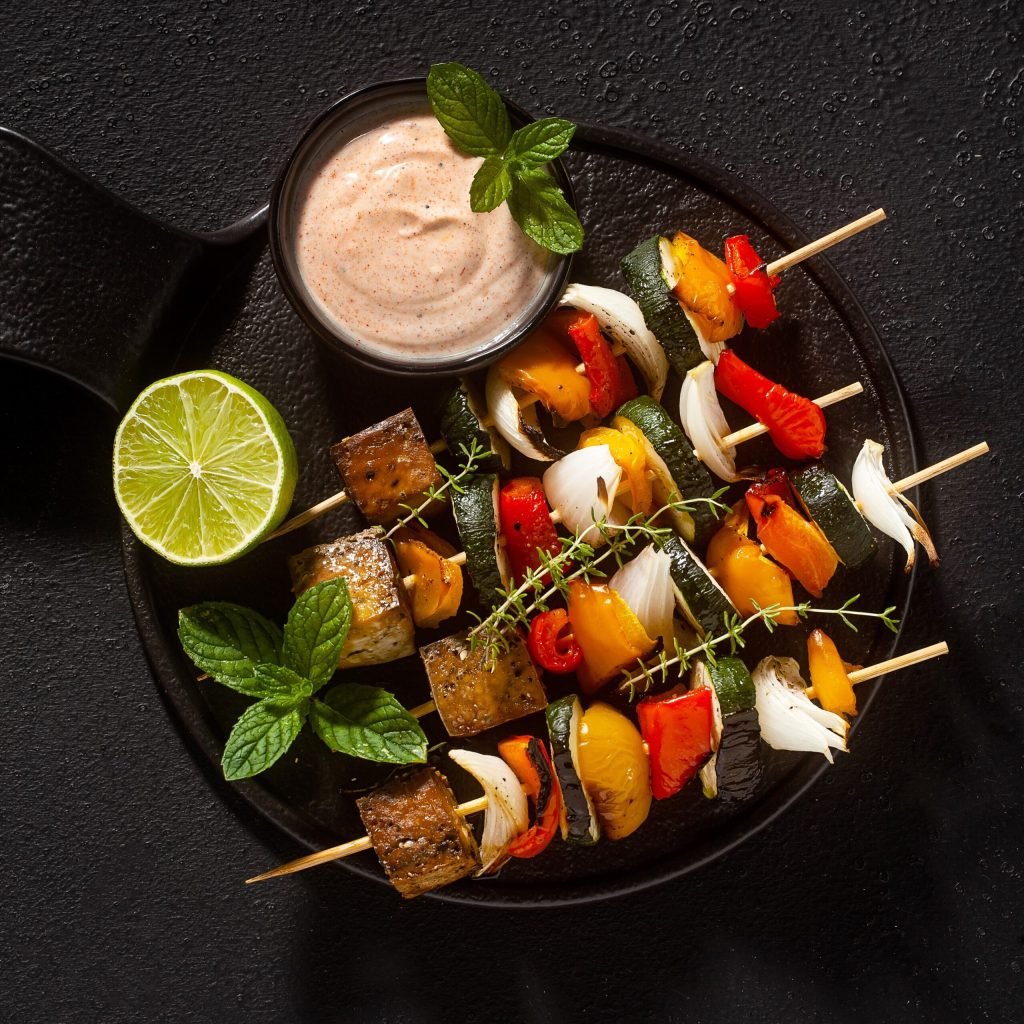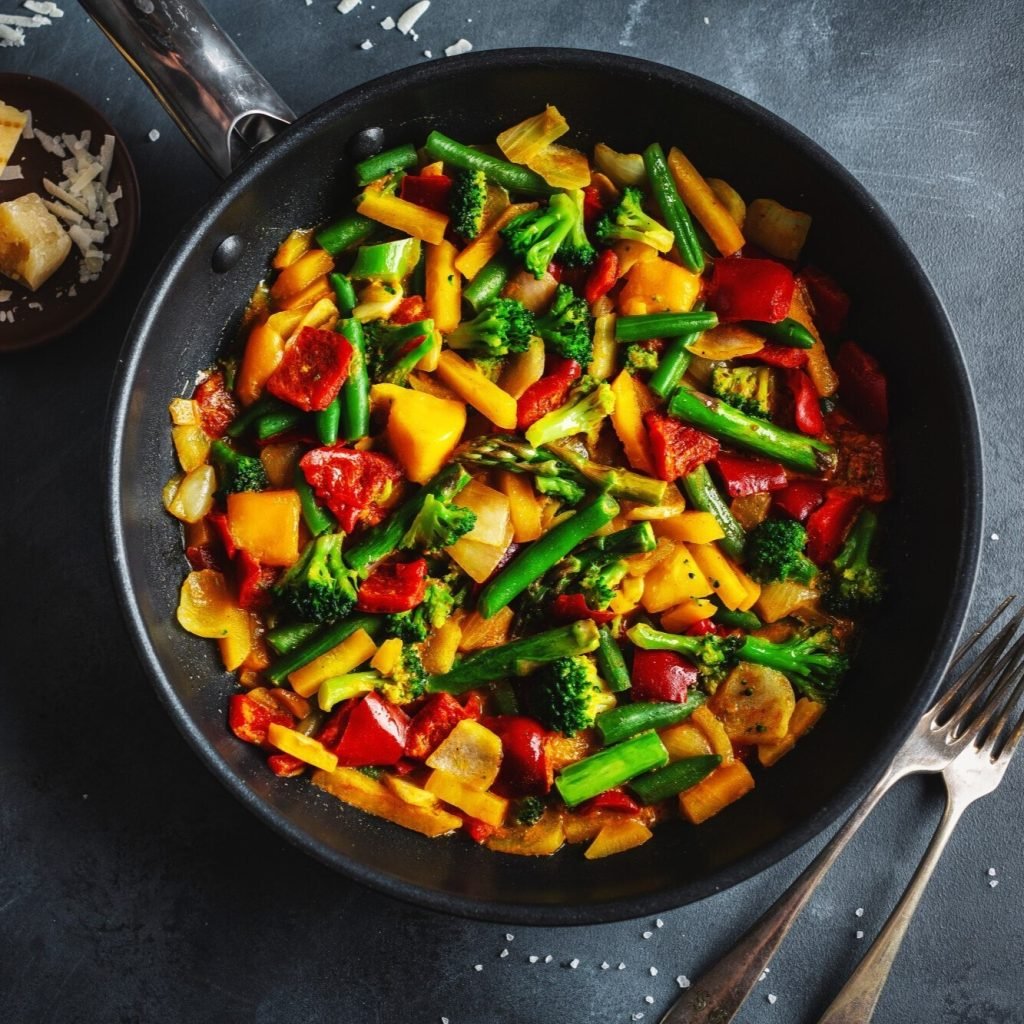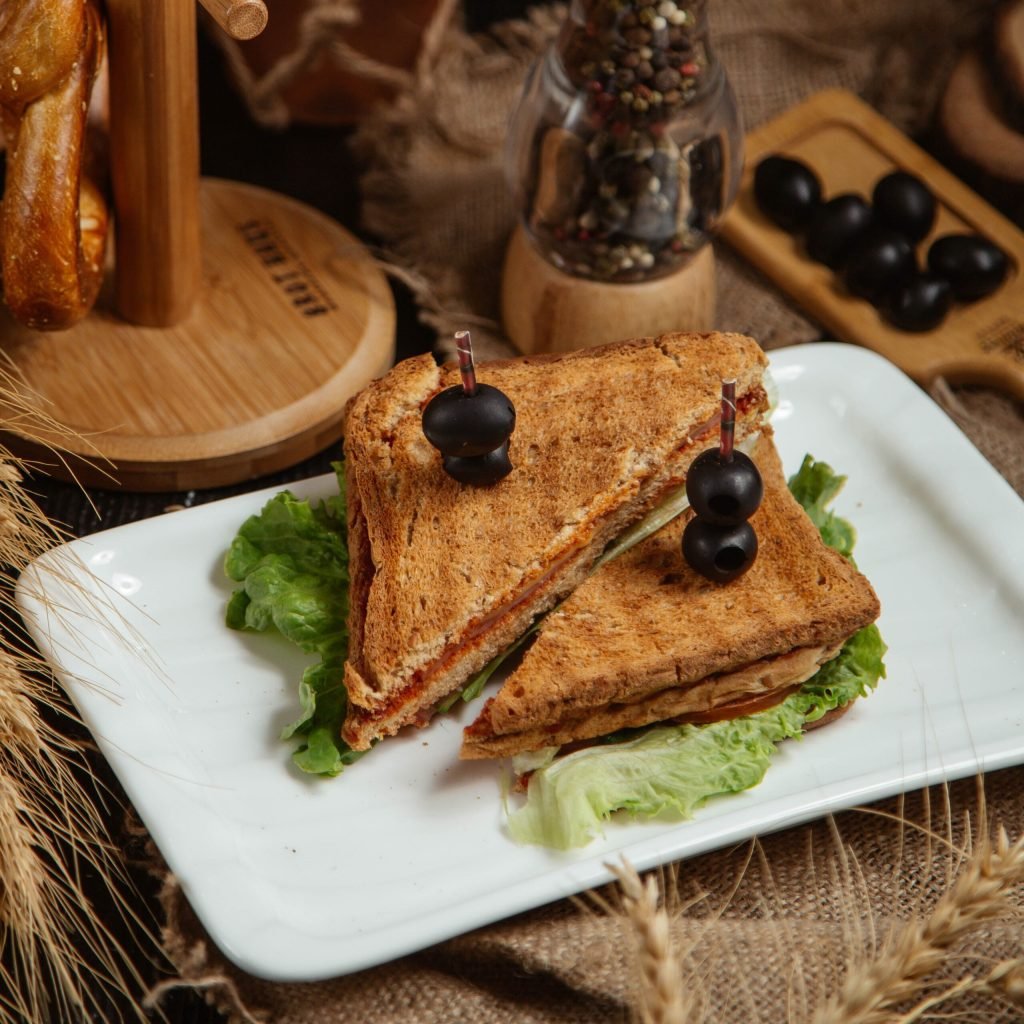The Carnivore diet, with its emphasis on animal products, has gained popularity for its potential health benefits. A common question among those considering or already following this lifestyle is: “Can you drink alcohol on the Carnivore diet?” This post will delve into the effects of alcohol on the Carnivore diet, exploring which beverages are best avoided, which might be acceptable in moderation, and how alcohol can impact your progress. We’ll also touch upon another frequently asked question: “Can you drink milk on the Carnivore diet?”
Ever wondered what happens when the carnivore diet goes wrong? My experience was so intense, it almost killed me. Seriously. Want to hear the whole crazy story? Head over to my other blog post, “The Carnivore Diet Almost Killed Me” It’s a wild ride you won’t want to miss.
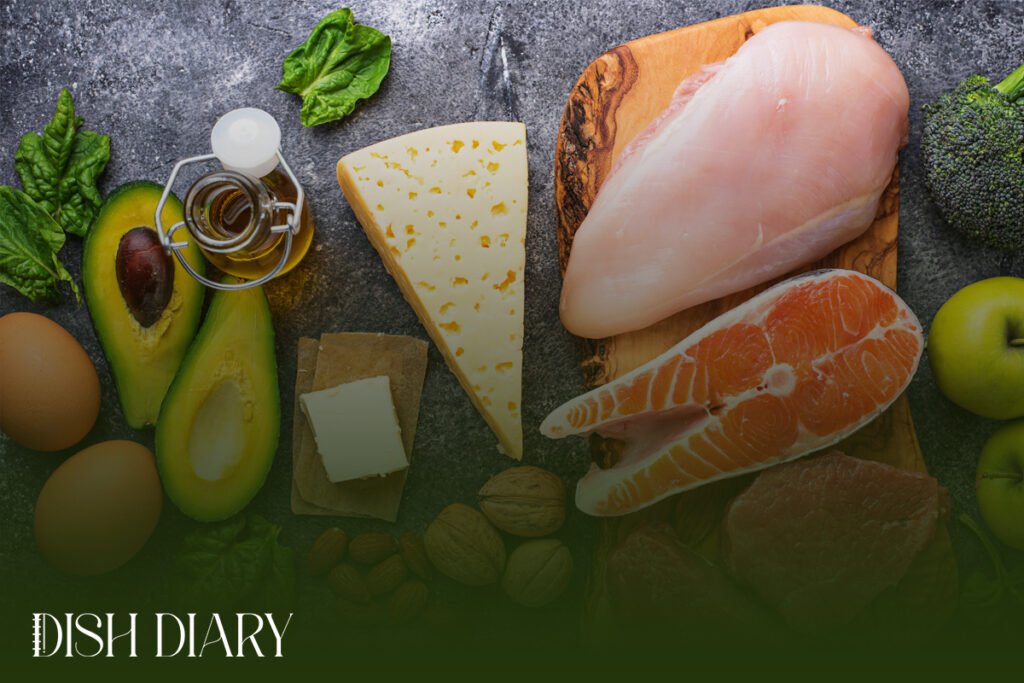
Highlights:
- Alcohol, derived from fruits and grains, is generally not considered Carnivore-friendly.
- Alcohol consumption can disrupt metabolism, gene expression, ketosis, potentially leading to inflammation, weight gain, and increased cravings.
- Occasional, mindful consumption of low-carb, low-calorie alcoholic beverages might be acceptable for some, but it’s crucial to understand the potential consequences.
- High-carb mixed drinks like Bloody Marys, Margaritas, Sangria, and Pina Coladas should be avoided on the Carnivore diet.
- Milk, while an animal product, contains lactose, a sugar, and its suitability on the Carnivore diet is debated.
Just like alcohol, sausage is another area of frequent questioning within the Carnivore community: Can you eat sausages on a carnivore diet? While we’re discussing dietary choices, it’s worth noting that sausage can be part of a Carnivore diet, but it’s crucial to choose wisely. Look for sausages that are primarily meat, low in carbs, and free of unnecessary additives in this blog post.
Can You Drink Alcohol on the Carnivore Diet?
The Carnivore diet primarily consists of animal products, focusing on meat, poultry, seafood, and eggs. Alcohol, being a product of fermentation from fruits and grains, doesn’t fit within this framework. While some might consider Alcohol just a few times a year, like on any occasion or event, but you should also know that it can have many side effects on your health and Carnivore results.
The Side Effects of Alcohol on the Carnivore Diet:
Recovering from alcohol’s effects can take time, sometimes even weeks. Regular drinking can cause several problems, hindering your Carnivore progress:
Metabolic Problems:
Alcohol messes with your metabolism, slowing down how your body turns food into energy. This can lead to weight gain, feeling tired all the time, and even hormonal imbalances. Think of it like trying to run a car with the wrong fuel – it just doesn’t work efficiently.Disrupted Gene Expression:
Alcohol can harm your central nervous system, changing how your genes work and affecting your brain’s circuits. This can make you crave alcohol more and even lead to dependence. It’s like rewiring your brain in a way that makes it harder to resist alcohol.Inflammation:
Too much alcohol can cause inflammation throughout your body, damaging organs, especially your gut. This disrupts the healthy bacteria in your gut (your gut microbiome) and weakens your immune system. Inflammation is like a fire burning inside you, and alcohol fuels that fire.Increased Food Cravings:
Alcohol fires up the same reward centers in your brain as sugar. This can lead to intense cravings for high-carb foods, making it much harder to stick to your Carnivore diet. It’s a double whammy – the alcohol itself has calories, and then it makes you want even more calories from unhealthy foods.Weight Gain:
Alcohol is packed with calories, but they don’t provide any real nutrition – these are often called “empty calories.” These calories add up quickly, especially if you’re drinking with meals. This can easily lead to weight gain, even if you’re sticking to your Carnivore meals.Negative Impact on Ketosis and Liver Damage:
Your liver has a tough job on the Carnivore diet, processing all that fatty meat. Alcohol makes its job even harder. Since your liver also processes alcohol, drinking it can get in the way of ketosis (your body’s fat-burning mode).Plus, it puts extra stress on your liver, which can lead to damage over time. It’s like asking a single worker to do the job of two people – eventually, they’ll get overwhelmed.

Alcohol and Weight Loss on Carnivore:
Many Carnivore dieters report slower weight loss when consuming alcohol regularly. The metabolic disruptions and increased cravings can significantly hinder progress.
The Best Alcohol on the Carnivore Diet (If You Choose to Indulge):
There’s no best alcohol on the Carnivore diet. While abstaining is ideal, if you choose to drink occasionally, opt for low-carb, low-calorie options:
- Dry red wines (Merlot, Cabernet Sauvignon, Pinot Noir)
- Dry white wines (Chardonnay, Champagne, Pinot Grigio, Sauvignon Blanc)
- Distilled liquors (Rum, Vodka, Gin, Tequila, Whiskey)
Let’s take a look at the total carbs, calories, and sugar content of the above listed alcoholic drinks.
Type of Alcohol | Serving Size | Total Carb Content | Calorie Content | Sugar Content |
Dry Merlot | 1 ounce | 0.7 grams | 24 calories | 0.18 grams |
Cabernet Sauvignon | 1 ounce | 0.8 grams | 24 calories | 0.19 grams |
Pinot Noir | 1 ounce | 0.7 grams | 25 calories | 0.21 grams |
Chardonnay | 1 ounce | 0.7 grams | 25 calories | 0.28 grams |
Champagne | 1 ounce | 0 grams | 38 calories | 0 grams |
Pinot Grigio | 1 ounce | 0 grams | 90 calories | 0 grams |
Sauvignon Blanc | 1 ounce | 0.6 grams | 24 calories | 0 grams |
Rum | 1 ounce | 0 grams | 64 calories | 0 grams |
Vodka | 1 ounce | 0 grams | 64 calories | 0 grams |
Gin | 1 ounce | 0 grams | 65 calories | 0 grams |
Tequila | 1 ounce | 0 grams | 69 calories | 0 grams |
Whiskey | 1 ounce | 0.03 grams | 70 calories | 0.03 grams |
Light Beer | 1 ounce | 0.48 grams | 9 calories | 0.03 grams |
Since the Carnivore diet is all about low carbs, low calories, high fat, and high protein, it’s best to avoid these high-carb alcoholic drinks.
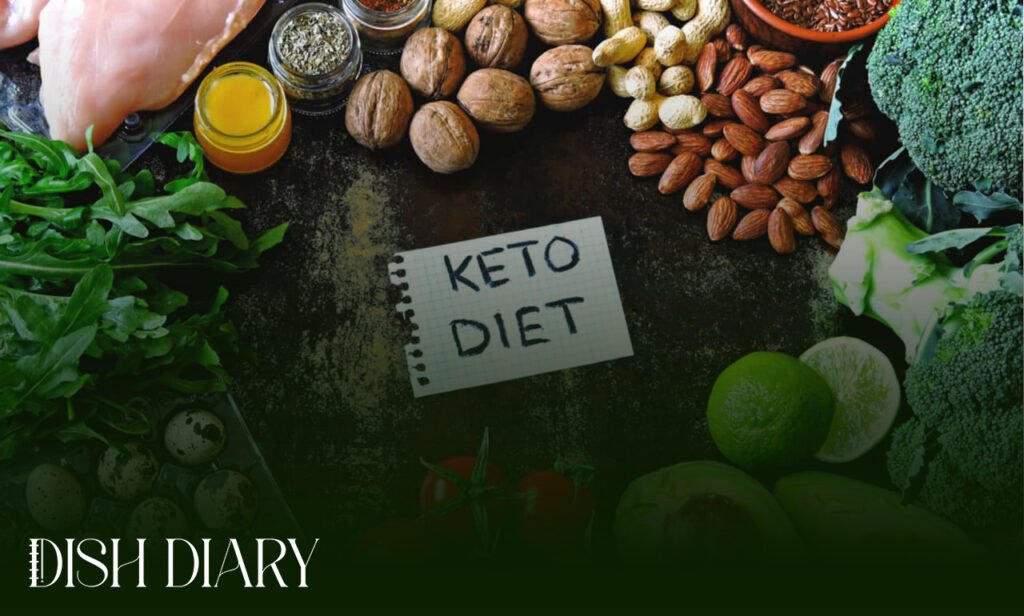
Worst Alcohol on the Carnivore Diet:
High-carb alcoholic beverages to avoid include:
- Drinks with tonic water (due to added sugar)
- Regular beer
- Sweet wines (Port, Moscato, Riesling)
- Cocktails (often loaded with sugar)
Just how high in carbs are these drinks? Here’s a table showing the carb, calorie, and sugar content of some popular mixed drinks:
Type of Alcohol | Serving Size | Total Carb Content | Calorie Content | Sugar Content |
Bloody Mary | 1 glass (14 oz) | 13.3 grams | 294 calories | 9.38 grams |
Regular Beer | 1 can | 12.6 grams | 153 calories | 0 grams |
Margarita | 1 cup (8 oz) | 38.4 grams | 296 calories | 38.4 grams |
Whiskey Sour | 1 packet | 16.5 grams | 65 calories | 16.5 grams |
Cosmopolitan | 1 cup (8 oz) | 19.2 grams | 72 calories | 19.2 grams |
Sangria Red | 1 cup (8 oz) | 20 grams | 232 calories | 16.8 grams |
Pina Colada | 1 cup (8 oz) | 47.2 grams | 360 calories | 42.4 grams |
Whiskey, Vodka, and Tequila on Carnivore Diet:
These distilled spirits are generally low in carbs, making them potentially less disruptive to a Carnivore diet than other alcoholic beverages. However, the key word here is potentially. It’s crucial to choose pure, unflavored varieties without added sugars, flavorings, or colorings. Many flavored vodkas, for example, are loaded with sugar. Even with pure spirits, moderation is paramount, and ideally, they should be consumed rarely, if at all.
Here’s a deeper dive into each:
Whiskey: Whiskey, distilled from grains, can vary in flavor depending on the grain used (corn for bourbon, malted barley for scotch, rye for rye whiskey) and the aging process.
While the distillation process removes most carbohydrates, it’s still important to check labels for any added sugars or flavorings, especially in blended whiskeys or flavored varieties. Even unflavored whiskey contains calories, which can impact weight loss.Vodka: Vodka, typically distilled from grains or potatoes, is known for its neutral flavor. Again, plain, unflavored vodka is the best choice. Be wary of flavored vodkas, as they often contain added sugars and artificial ingredients that are not Carnivore-friendly.
Potato vodka might be an option for those with gluten sensitivities, but remember that “gluten-free” doesn’t automatically make something Carnivore-friendly.Tequila: Tequila is distilled from the agave plant. For the Carnivore diet, it’s essential to choose 100% agave tequila. “Mixto” tequilas can contain up to 49% other sugars, which are not allowed on the Carnivore diet.
Look for bottles that explicitly state “100% de agave.” Similar to whiskey and vodka, even 100% agave tequila should be consumed in moderation, if at all, due to its calorie content.
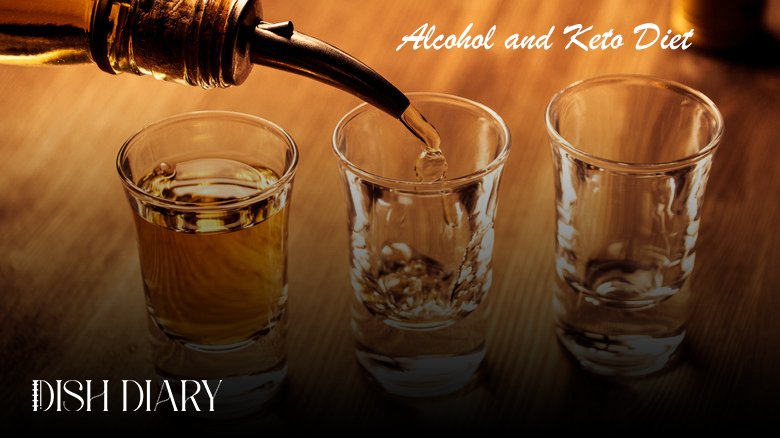
Important Considerations for all three:
- Calorie Content: While low in carbs, these spirits still contain calories. These “empty calories” can hinder weight loss efforts and should be factored into your overall calorie intake.
- Impact on Ketosis: Even though these spirits are low-carb, alcohol itself can still interfere with ketosis. The liver prioritizes processing alcohol, which can temporarily halt fat burning.
- Increased Cravings: As discussed earlier, alcohol can trigger cravings, even in small amounts. This can make it harder to stick to your Carnivore diet.
- Dehydration: Alcohol is a diuretic, meaning it can dehydrate you. If you choose to drink, be sure to drink plenty of water to stay hydrated.
While these spirits might be less bad than other alcoholic beverages on a Carnivore diet, they are not ideal. The best approach is to avoid alcohol altogether to maximize the potential benefits of the Carnivore diet. If you do choose to consume them, do so rarely, in moderation, and always choose pure, unflavored varieties.
Red Wine on the Carnivore Diet:
Red wine, while often perceived as a “healthier” alcoholic beverage, presents challenges on the Carnivore diet. While it may be lower in carbs than some other alcoholic drinks, it still contains carbohydrates due to the natural sugars present in grapes. These sugars can impact ketosis and hinder progress on the Carnivore diet.
Beyond carbs, red wine also contains sulfites, which some people are sensitive to. Additionally, red wine can still contribute to the negative effects of alcohol mentioned earlier, such as increased cravings and potential liver strain.
Here is the list of nutrients that Red Wine contains:
Nutrients in 1 fl oz. (29.4 g) of Red Wine | Amount |
Water | 25.4 g |
Calories | 25 kcal |
Protein | 0.021 g |
Fat | 0 g |
Carbohydrates | 0.767 g |
Alcohol, ethyl | 3.12 g |
Calcium | 2.35 mg |
Iron | 0.135 mg |
Magnesium | 3.53 mg |
Phosphorous | 6.76 mg |
Potassium | 37.3 mg |
Sodium | 1.18 mg |
Zinc | 0.041 mg |
Copper | 0.003 mg |
Manganese | 0.039 mg |
Vitamin C | 0 mg |
Beer on the Carnivore Diet:
Beer and the Carnivore diet simply don’t mix well. Beer is made from grains, which are a big no-no on Carnivore. Unlike distilled drinks like vodka or whiskey, beer keeps a lot of those carbs from the grains. This makes it much harder to stay in ketosis and see the results you want on Carnivore.
Plus, beer often has extra stuff added, like sugars, flavorings, and preservatives. These extras just pump up the carb count even more. Whether it’s light beer, lager, ale, or a craft brew, they all have carbs that can mess with your Carnivore goals. Dark beers like stouts and porters are especially high in carbs. So, if you’re serious about Carnivore, it’s best to skip the beer.
Here is the list of nutrients that Beer contains:
Nutrients in 1 fl oz. (29.5 g) of Light Beer | Amount |
Water | 28 g |
Calories | 8.56 kcal |
Protein | 0.071 g |
Fat | 0 g |
Carbohydrates | 0.484 g |
Alcohol, ethyl | 0.914 g |
Calcium | 1.18 mg |
Iron | 0.009 mg |
Magnesium | 1.48 mg |
Phosphorous | 3.54 mg |
Potassium | 6.2 mg |
Sodium | 1.18 mg |
Zinc | 0.003 mg |
Copper | 0.002 mg |
Manganese | 0.002 mg |
Vitamin C | 0 mg |
Tips for Drinking Alcohol on the Carnivore Diet (If You Must):
- Moderation is Key: If you choose to drink, do so very rarely.
- Hydrate: Alcohol is dehydrating, so drink plenty of water.
- Mindful Consumption: Be aware of how alcohol affects your body and cravings.
- Consider Alternatives: Explore Carnivore-friendly drink options.
Alcohol Can Increase Cravings:
Many people on the Carnivore diet experience increased cravings after consuming alcohol.
Alcohol Alternatives on the Carnivore Diet:
- Mineral water
- Bone broth
- Club soda/sparkling water
- Electrolyte drinks
- Butter coffee/fatty latte
- Plain tea
Can You Drink Milk on the Carnivore Diet?
Milk is a bit of a gray area on the Carnivore diet. It’s an animal product, which seems to fit the rules, but it also contains lactose, a natural sugar. This sugar content is the main reason why milk’s place on the Carnivore diet is debated. Some people following a more flexible version of Carnivore might include small amounts of dairy, while others avoid it completely.
Here’s the breakdown:
- Lactose: Lactose is the natural sugar found in milk. It can be a significant source of carbohydrates, especially if you consume large quantities of milk. This can be a problem for those trying to stay in ketosis and achieve their Carnivore goals.
- Dairy Sensitivity: Many people have sensitivities to dairy, even if they aren’t fully lactose intolerant. These sensitivities can cause inflammation, digestive issues, and other health problems, which can counteract the benefits of the Carnivore diet.
- Full-Fat vs. Low-Fat: If you choose to include milk, full-fat versions are generally preferred. They contain more fat, which aligns with the higher fat intake encouraged on Carnivore, and often have slightly lower lactose levels than low-fat or skim milk.
- Individual Response: Ultimately, the best way to know if milk works for you on Carnivore is to listen to your body. If you choose to include it, start with small amounts and pay attention to how you feel. If you experience any negative symptoms, it’s probably best to cut it out.
In short: While milk is an animal product, its lactose content makes it a questionable choice for the Carnivore diet. Some people might tolerate small amounts, especially full-fat options, but it’s crucial to be aware of the potential downsides and monitor your body’s response. If you’re aiming for strict Carnivore adherence, it’s generally recommended to avoid milk altogether.
Conclusion:
The Carnivore diet aims to eliminate potential inflammatory triggers. While occasional alcohol consumption might not entirely derail everyone’s progress, it’s essential to be aware of its potential negative impacts. Prioritize your health goals and choose wisely. If you have any health concerns or questions about the Carnivore diet and alcohol, consult with a healthcare professional.

